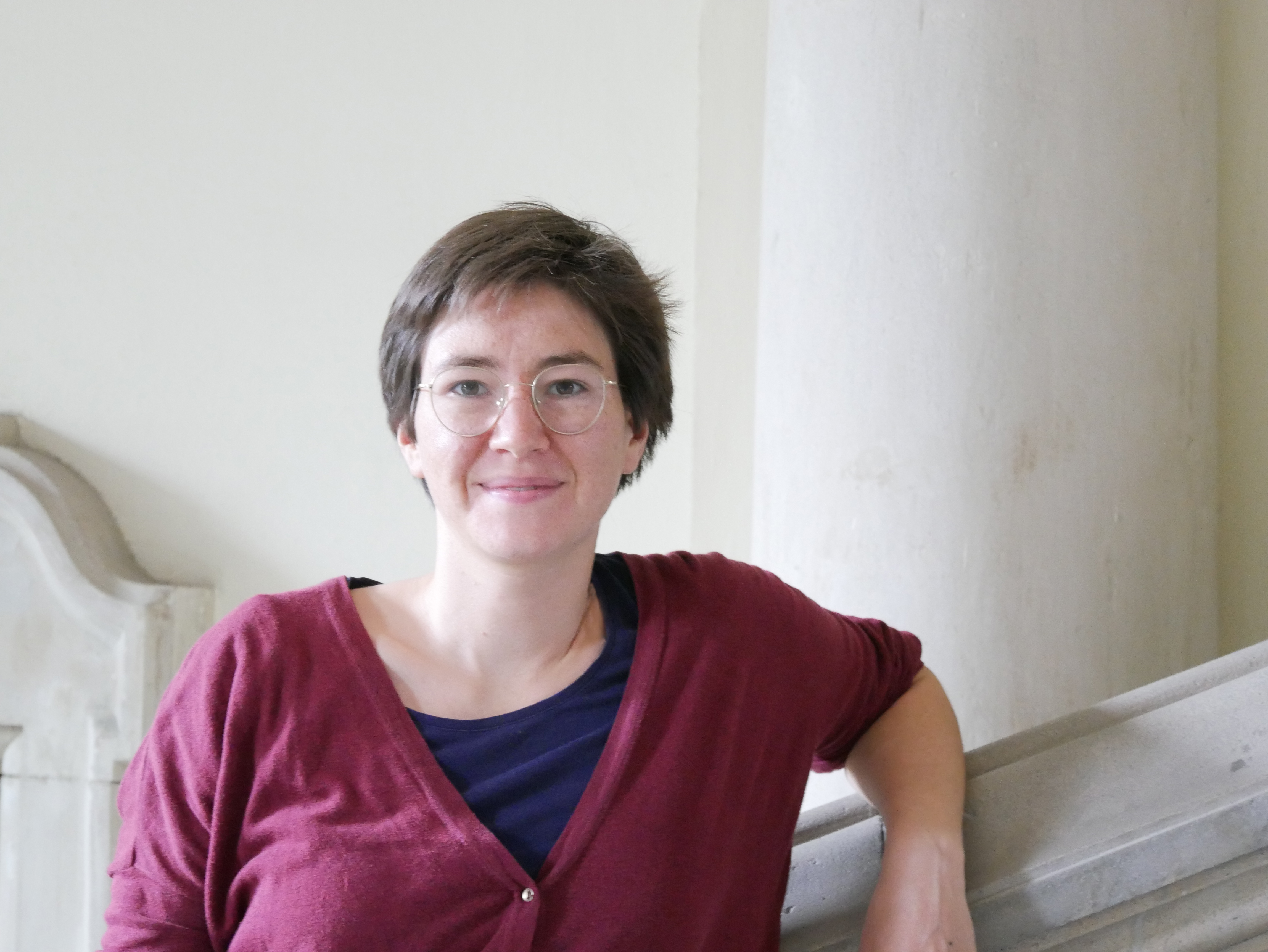
Welcome!
I am an Assistant Professor of Applied Microeconomics (W1) at the University of Cologne. My research seeks to inform education and family policies, aimed at improving educational and labor market outcomes. I also work in behavioral economics.
I received a PhD from the University of Oslo in 2024. For more details, see my CV here. You can contact me at kovacevic@wiso.uni-koeln.de